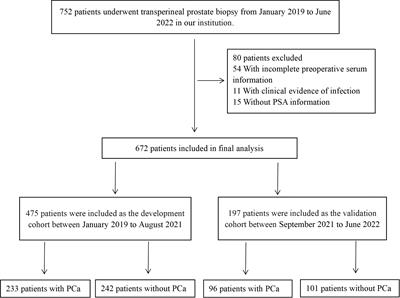ORIGINAL RESEARCH
Published on 21 Feb 2024
Genomic amplifications identified by circulating tumor DNA analysis guide prognosis in metastatic castration-resistant prostate cancer
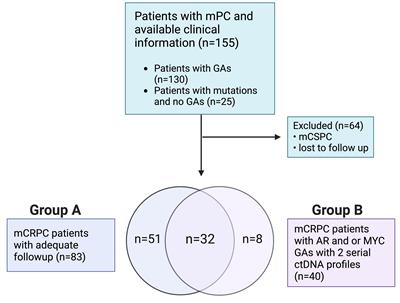
doi 10.3389/fonc.2023.1202277
- 1,314 views
8,013
Total downloads
23k
Total views and downloads
ORIGINAL RESEARCH
Published on 21 Feb 2024

EDITORIAL
Published on 07 Feb 2024
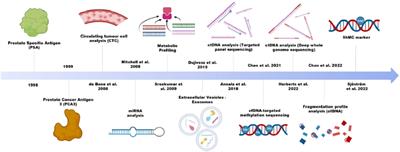
MINI REVIEW
Published on 24 Aug 2023
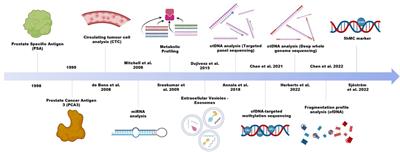
ORIGINAL RESEARCH
Published on 31 Jul 2023
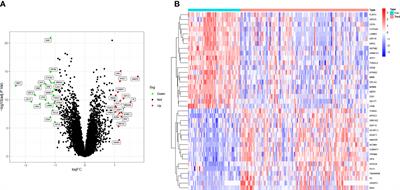
REVIEW
Published on 21 Mar 2023
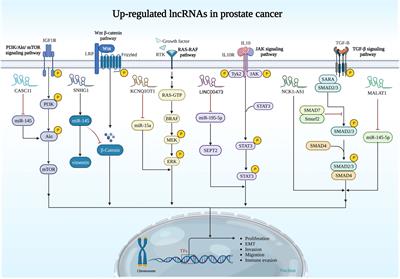
SYSTEMATIC REVIEW
Published on 14 Feb 2023
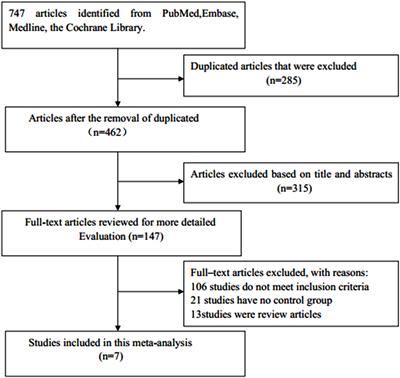
REVIEW
Published on 30 Jan 2023
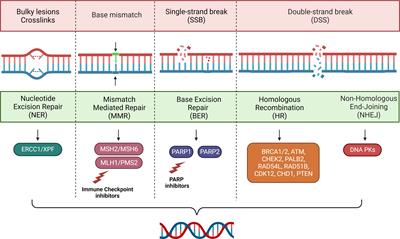
ORIGINAL RESEARCH
Published on 16 Jan 2023
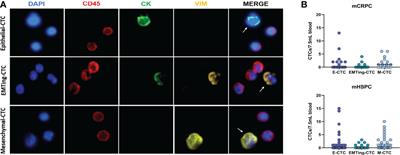
SYSTEMATIC REVIEW
Published on 11 Jan 2023
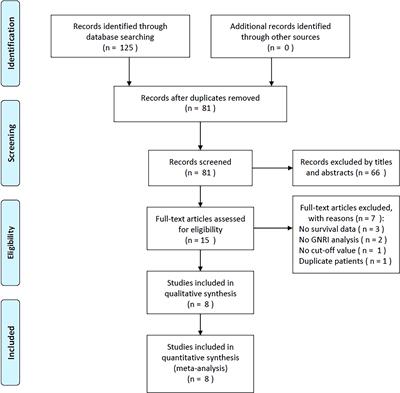
ORIGINAL RESEARCH
Published on 01 Dec 2022
